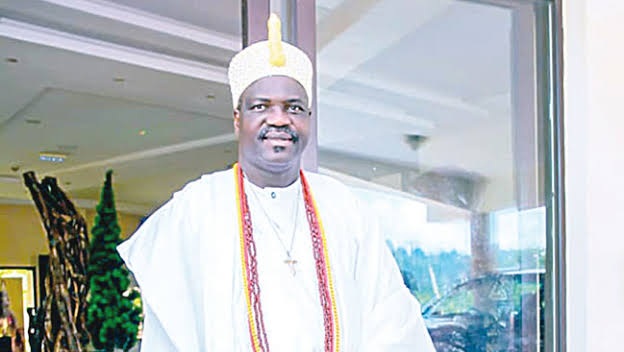The Olugbon of Orile-Igbon has strongly condemned the proposed amendment to the Oyo State Council of Obas and Chiefs Law, describing it as a “faulty political document” pushed forward without due consultation or transparency. In a statement issued through his media consultant, Oba Francis Olusola Alao warned that the bill—currently before the Oyo State House of Assembly—lacks legitimacy due to the absence of public hearings and stakeholder engagement.
At the heart of the controversy is the bill’s proposal to designate the Alaafin of Oyo as the permanent chairman of the council, with the Olubadan of Ibadan and the Soun of Ogbomoso as co-chairmen. The amendment also seeks to include all 10 high chiefs from the Olubadan-In-Council as members of the Council, a move the Olugbon says disregards traditional structures and distorts cultural hierarchies.
For a bill that seeks to reshape the core of traditional leadership in Oyo State, it is unacceptable that traditional rulers—the custodians of our history and culture—were not consulted,” the statement reads. “There was no public hearing. No inquiries. Just a political document crafted and presented without consensus.”
The Olugbon accused lawmakers of using political patronage as the foundation for the bill, warning that it risks deepening regional divides and reinforcing the political dominance of Ibadan over other zones like Oyo, Ogbomoso, Oke-Ogun, and Ibarapa.
Since Nigeria’s return to democracy in 1999, the state has largely been governed by individuals from Ibadan—with the late Governor Adebayo Alao-Akala being the only exception. The Olugbon fears the new structure may institutionalize such imbalance within the traditional council as well.
This bill is not just about thrones—it’s about fairness, equity, and mutual respect,” he said. “The Council must be revived, yes, but not in a way that marginalizes or silences the voices of other regions.”
Taking a historical swipe at the rationale behind the hierarchy proposed in the bill, the Olugbon argued that if historical legacy is to be the basis for Council leadership, Orile-Igbon predates both Ogbomoso and Ibadan in significance. He referenced ancient boundaries and lineage ties, noting that even the current Soun’s palace sits on territory historically linked to the Olugbon’s kingdom.
While acknowledging the practical reasons for recognizing Ogbomoso due to its demographic and administrative weight, the Olugbon cautioned against using history selectively to serve modern political agendas.
We are not contesting for thrones but for fairness,” he said. “Just as the world still honors the British monarchy despite the rise of former colonies, our own institutions must reflect history while promoting unity.”
Calling for a halt in the bill’s progress, the Olugbon urged the Oyo State House of Assembly and other stakeholders to step back, consult widely, and rework the amendment with inclusivity and dialogue at its core.
Anything less will risk sowing discord where there should be cohesion.”





